JERUSALEM (AP) — Hamas on Sunday confirmed the death of a top commander in Gaza, a day after Israel said it had killed Raed Saad in a strike outside Gaza City.
The Hamas statement described Saad as the commander of its…
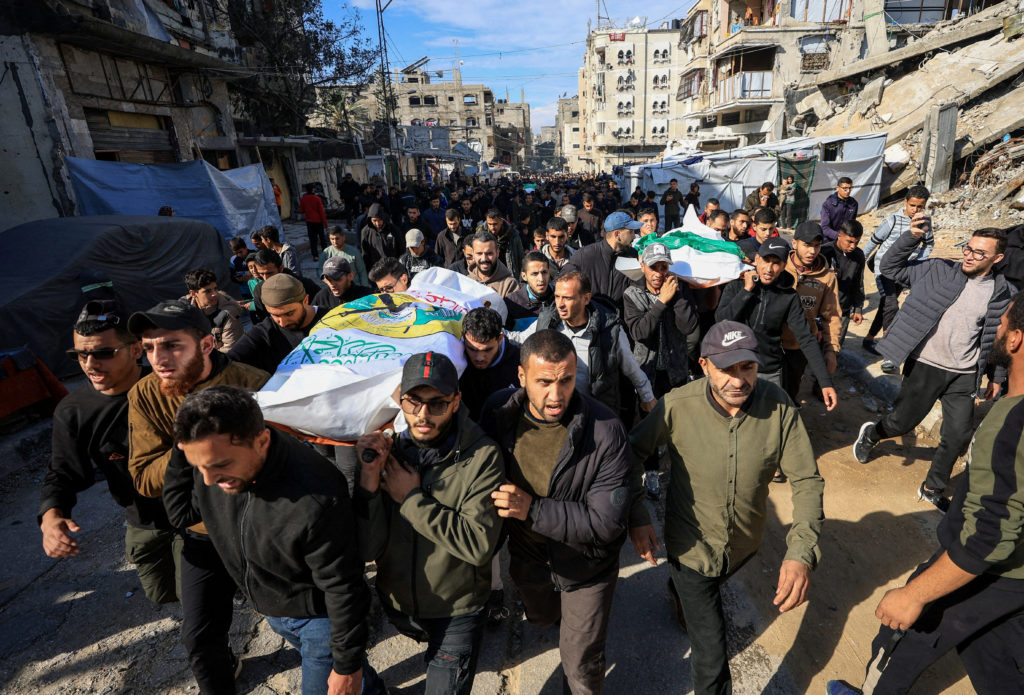
JERUSALEM (AP) — Hamas on Sunday confirmed the death of a top commander in Gaza, a day after Israel said it had killed Raed Saad in a strike outside Gaza City.
The Hamas statement described Saad as the commander of its…

On December 14, 2025 local time, Member of the Political Bureau of the CPC Central Committee and Foreign Minister Wang Yi co-hosted the fifth meeting of the Political Sub-committee of the China-Saudi Arabia High-level Joint Committee with Saudi…
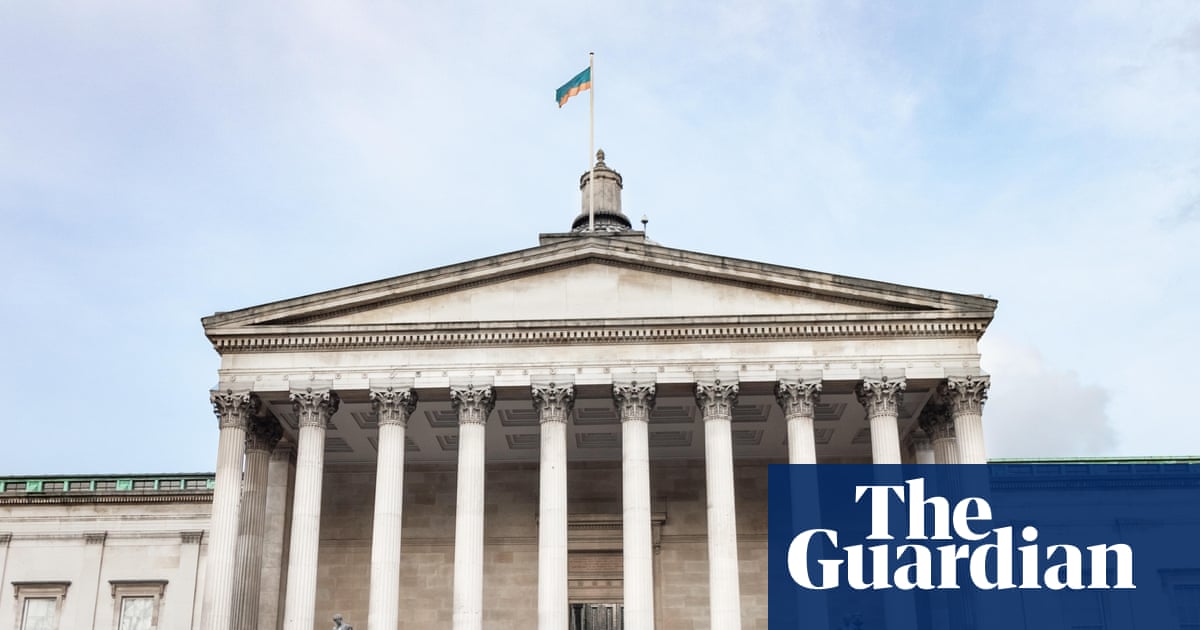
Students from Ghana at UK universities say they are in danger of being deported after being stranded by their own government without promised scholarships or tuition fee payments.
The group representing more than 100 doctoral students has…
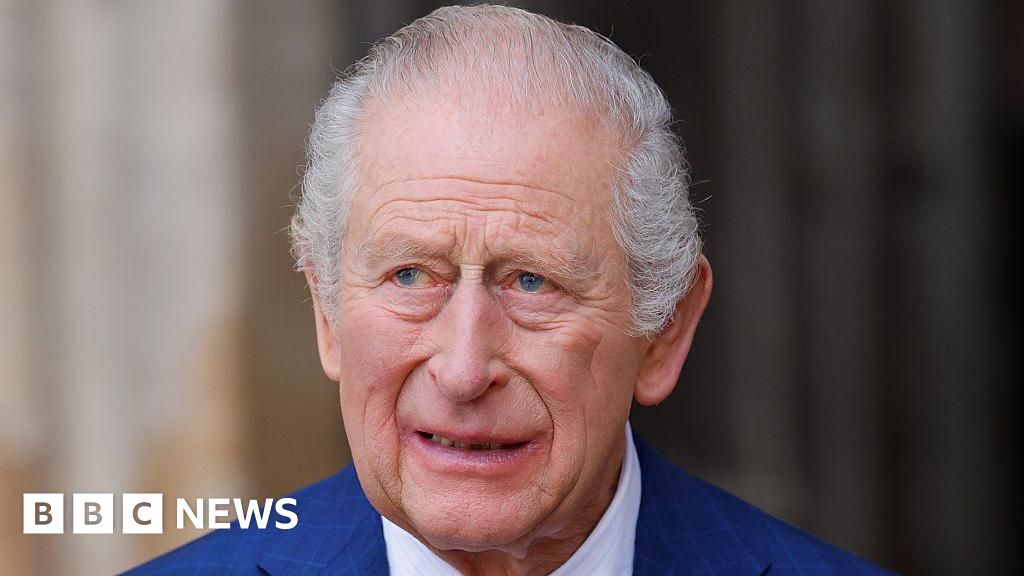
King Charles has said he is “appalled and saddened by the most dreadful antisemitic terrorist attack on Jewish people” at a Hanukkah celebration in Australia.
At least 11 people were killed in the shooting at Bondi Beach on Sunday and a further 29…
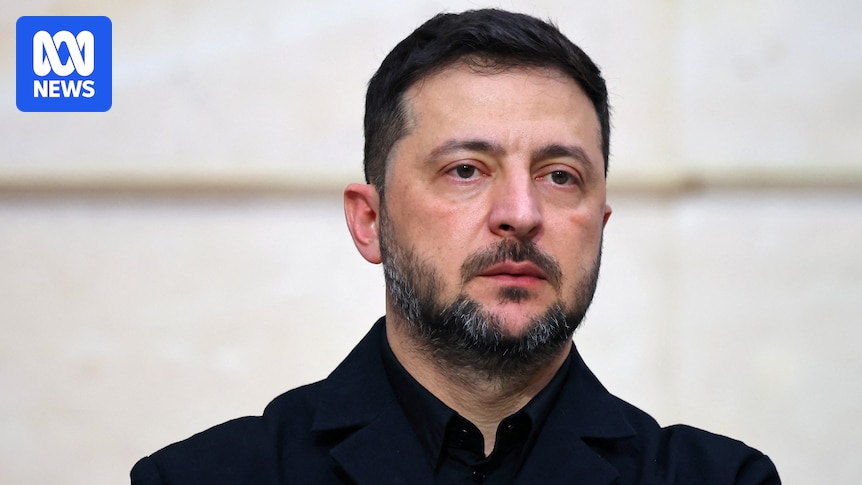
Ukraine has relinquished its ambition of joining the NATO military alliance in exchange for Western security guarantees as a compromise to end the war with Russia.
President Volodymyr Zelenskyy’s announcement — made ahead of peace talks with US…
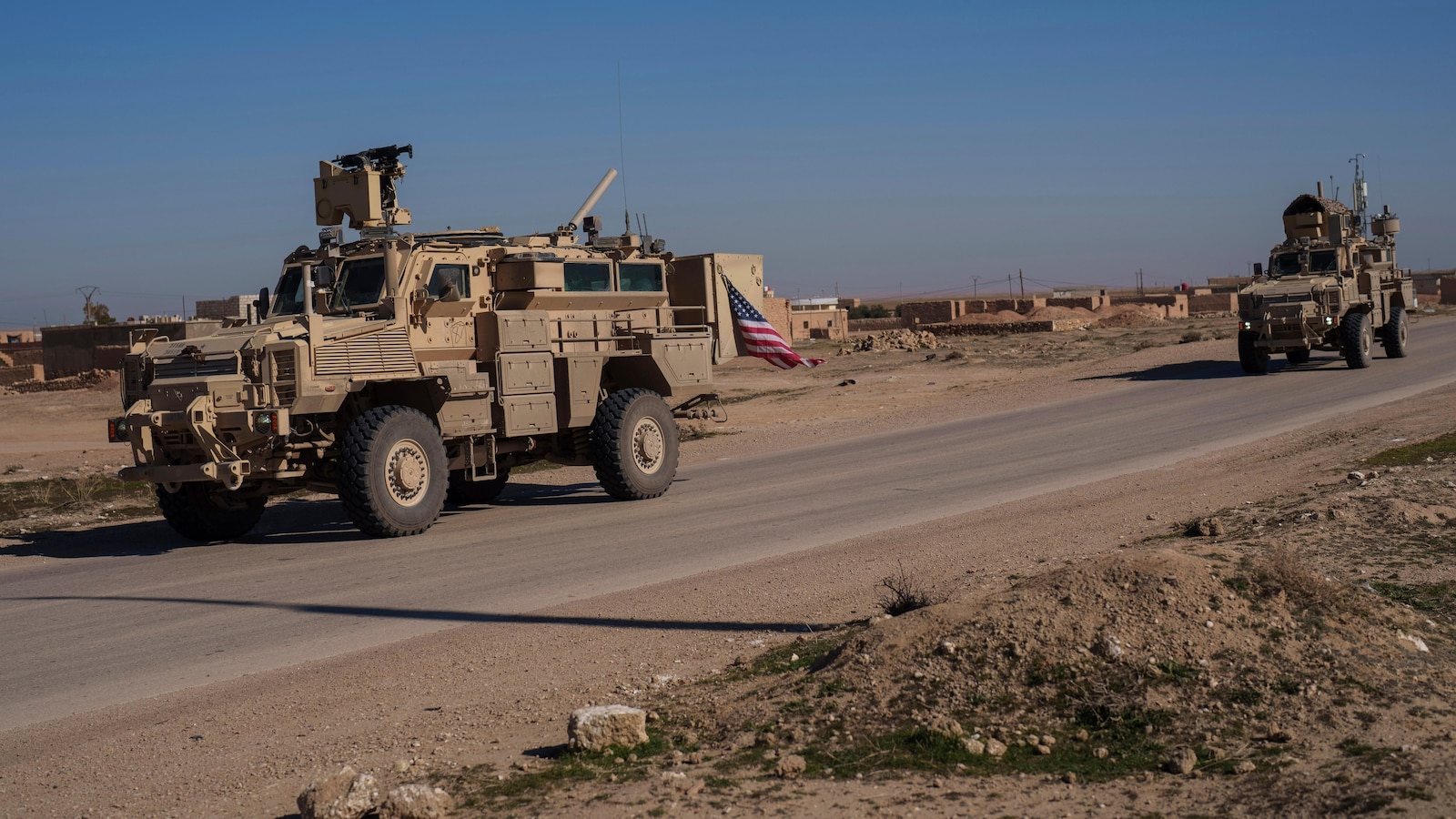
BEIRUT — The death of two U.S. service members and one American civilian in an attack in Syria by an alleged member of the Islamic State group has drawn new attention to the presence of American forces in the country.
Saturday’s attack was the…

A significant meeting of neighbouring countries of Afghanistan and Russian special representatives was held in Tehran, where the Pakistani delegation raised serious concerns regarding terrorism and underlined the…